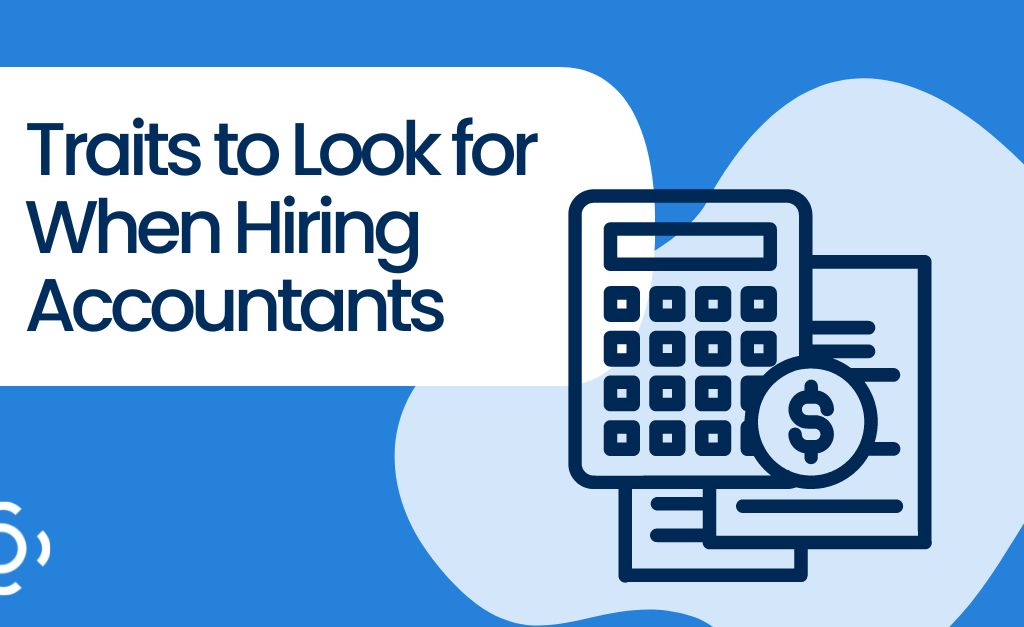Every professional loves to talk the talk, and accountants are no exception. But too much jargon can make you sound more pretentious than professional.
Remember when the prime-time NBC television series E.R. was at the height of its popularity? Whether you were a casual observer or an avid fan of the award-winning medical drama – which followed the at once harrowing and heroic lives of the doctors and staff at a Chicago hospital emergency room – it was pretty hard not to take note of E.R. at the time.
It was also – let’s be honest – hard to actually understand half the time what the characters were ever going on about. Those fictional doctors threw around medical jargon like it was nobody’s business; indeed, it became a hallmark of E.R., to have George Clooney or Anthony Edwards (both of whom starred on the show) bark out impenetrable phrases like “500 CCs stat!” or refer to “intubation trays.” Their mastery of the lingo might have contributed to the series’ gritty realism, but didn’t you sometimes wish those blood-spattered specialists would stop being so damn exclusive and break it down for you in plain English? (No? Just us?)
While every industry has its share of jargon and buzzwords that its members will use as a matter of routine, that doesn’t necessarily mean that this type of language is particularly helpful or productive. On the contrary, industry-specific jargon often serves to alienate both individuals outside the sector – as well as those within it.
In a highly specialized field like accounting, professionals often too readily resort to jargon for a number of reasons. Among other things, it seems to expedite communication. Jargon can also give you a sense of belonging or elevated status. And, frankly, it can be a crutch to fall back upon, when you’re feeling a little lazy and don’t feel like taking the time to elaborate upon your words. Now, to be sure, most of us having to use jargon in one context or another. It’s an occupational hazard across professions – whether you’re an accountant, an auto mechanic, or just a Star Trek aficionado. But accountants and finance professionals in Toronto should pause before they start spewing industry speak that can make you sound as if you’re speaking in Klingon.
It creates a false sense of belonging
The overuse of catchy buzzwords stems from an almost universal sense of insecurity in the workplace. People in every industry commonly feel intimidated by their membership in a professional arena that is legitimately complex and competitive. A desire to prove your competence and intelligence to your peers is pretty much the norm. Once industry newcomers catch on to the words and terms permeating their field, they will hurry to mimic and repeat them, so that they, too, can feel like they fit in – so that they look like they are in the know.
…industry-specific jargon often serves to alienate both individuals outside the sector – as well as those within it.
In a 2011 blog post for the Harvard Business Review, entrepreneur and president of Advertising for Humanity Dan Pallotta addressed how business jargon has become rampant, and outlines why it’s problematic. “I think there are a lot of inferiority complexes,” Pallotta wrote. “I think people have a punishing voice in their heads that tells them they’re dumb, and so we try to mimic the things we hear other people say because we think they’re smarter than us. And it’s not even so much coming from an egotistical place. It’s coming from just wanting to meet the threshold of what’s considered intelligent business vernacular.”
Indeed, the urge to belong is often so strong that people fear asking what certain terms mean, but have no compunctions about continuing to use them with only a hazy understanding. In this way, a false sense of security or status is established, with nary the expertise to substantiate such “expert” language. The entire sector ultimately suffers, as jargon gets thrown around willy-nilly and the original meaning and intention get muddied – or lost completely.
It alienates business partners
If you’re an accountant working in a company, using accounting and finance jargon will taint your interactions with your partners in other departments. When people who are untrained in accounting hear you using accounting argot – things like “revenue recognition” or “capital structure” – without explaining them adequately, they are bound to feel alienated, and perhaps even a bit embarrassed at their lack of fluency in such terminology.
When you’re dealing with non-finance partners, like the IT, marketing, or human resource departments, use language that’s plain and clear. Check in periodically to make sure that you’re being understood. Adopt the mantle of the educator and create a safe environment for learning and asking questions. Let your peers know upfront that they should feel comfortable asking for clarification, if your language gets too technical or specialized. Offer to elucidate any points of confusion about accounting generally. Your working relationship will improve by leaps and bounds.
It isolates different sectors of accounting/finance
Accountants can be found in a variety of industry structures – from general companies to straight-up accounting firms and investment banks. Using technical language doesn’t just alienate your non-finance contemporaries. It can even serve to estrange and confuse fellow accounting colleagues, who are transferring from one subset of the field to another.
“I think people have a punishing voice in their heads that tells them they’re dumb, and so we try to mimic the things we hear other people say because we think they’re smarter than us.”
For example, if you’re in a fund accounting role and keep prattling on about “calculating the NAV” to a co-worker who’s just come from doing accounting for a large retail company, you’re sure to put him or her in an awkward position.
It alienates clients
It should go without saying that if jargon has an alienating effect on your fellow accountants, it’s bound to be harmful when you use it with your clients – people who will likely have little to no experience with finance. So curb the overly technical stuff and use language that’s simple, clear, and accessible.
Like most other professionals, accountants and finance folk love their jargon. Just be aware that using this sort of verbiage can be seen as a retreat – a copout, even – and that it will ultimately make you look like an unreliable business partner. While conveying ideas to people from different professional specialties can be tough, you need to bite the bullet and make the effort to communicate concepts in layperson’s terms. As soon as people stop being afraid to ask you for clarification, you’ll know you’re on the right track.
Let us know what you think! At Clarity Recruitment, we’re always interested in hearing from accounting and finance professionals like yourselves, who are ready for new, exciting opportunities that can take their careers to the next level. And be sure to follow us on Twitter (@clarityrecruits) and connect with us on Facebook for more great tips and advice!


